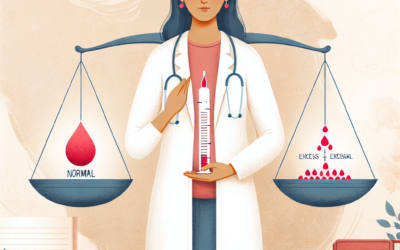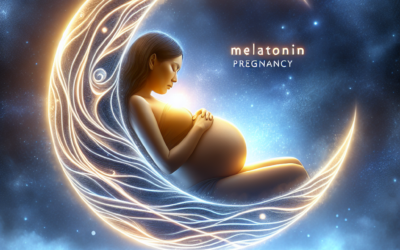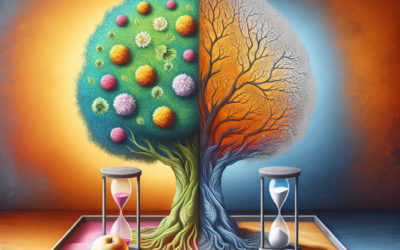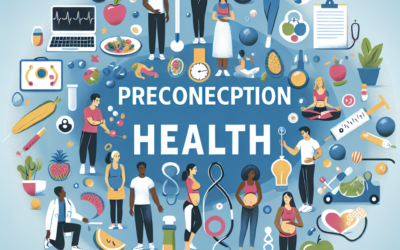Understanding Fertility: The Basics
Fertility is a crucial aspect of human reproduction, encompassing the ability to conceive and bear children. For many individuals and couples, understanding fertility is the first step in their journey to parenthood. Factors affecting fertility can include age, overall health, lifestyle choices, and underlying medical conditions.
Importance of Preconception Health
Prior to conception, it is essential for prospective parents to focus on preconception health. This involves making lifestyle adjustments such as maintaining a balanced diet, engaging in regular exercise, managing stress, and avoiding harmful substances like tobacco and excessive alcohol. Consulting a healthcare provider for preconception check-ups can also help identify any underlying health issues that may affect fertility.
Fertility and Age: What You Need to Know
Age plays a significant role in fertility for both women and men. Women are born with a finite number of eggs, and their quality diminishes with age. For women, fertility typically starts to decline in their late 20s to early 30s, accelerating after age 35. Men, on the other hand, may experience a gradual decline in fertility due to decreased sperm quality and quantity. Understanding these age-related factors is essential for family planning.
Common Fertility Challenges
Many couples face challenges when trying to conceive. Issues such as polycystic ovary syndrome (PCOS), endometriosis, and other reproductive disorders can impact a woman’s ability to conceive. In men, factors such as low sperm count or motility can present challenges. Common misconceptions about fertility should also be addressed to ensure couples have a realistic understanding of their situation.
When to Seek Help: Fertility Treatments
If couples have been trying to conceive for over a year (or six months for women over 35) without success, it may be time to consult a fertility specialist. Several treatment options are available, including medication, intrauterine insemination (IUI), and in vitro fertilization (IVF). A fertility assessment can help identify the most appropriate course of action.
Pregnancy: A New Chapter
Once conception occurs, a new chapter begins: pregnancy. This remarkable journey involves numerous physical and emotional changes as the body adapts to nurture and grow a new life. Regular prenatal care is essential to monitor the health of both the mother and the baby.
Nutrition and Wellness During Pregnancy
Maintaining a healthy lifestyle during pregnancy is vital. Expectant mothers should focus on a well-balanced diet rich in essential nutrients, including folic acid, iron, calcium, and protein. Staying hydrated and engaging in moderate exercise can also promote overall well-being.
Preparing for Parenthood: The Transition
The transition to parenthood can be both exciting and overwhelming. It’s important for couples to communicate openly about their expectations, fears, and dreams. Building a support system of family and friends can provide emotional and practical assistance as they prepare for the arrival of their little one.
The Role of Postpartum Care
After childbirth, the focus shifts to postpartum care. This critical period allows mothers to recover physically and emotionally from the birthing experience. Understanding the challenges of postpartum recovery and seeking support when needed can significantly enhance the transition into motherhood.
Conclusion: Embracing the Journey of Fertility
The journey of fertility, from conception to pregnancy, is a unique experience for every individual and couple. Understanding the factors that influence fertility, seeking support when needed, and prioritizing health can pave the way for a successful and joyful journey into parenthood. Remember, every path to parenthood is different, and it’s essential to celebrate each step along the way.




























